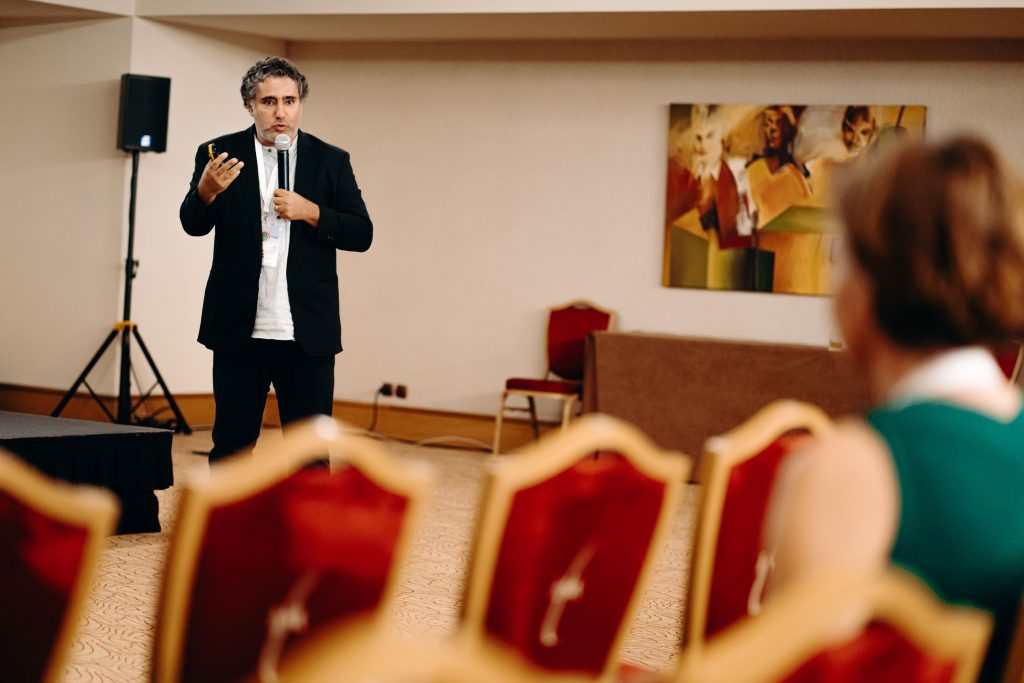The 70th General Assembly of the CIC opened on Friday 19 April 2024, in Cascais, Portugal, with some 350 delegates attending from across the globe.
Held under the theme “Bridges to Biodiversity,” the conference sought to explore the organisation’s role as a convener, uniting diverse stakeholders in support of the 2030 Global Biodiversity Framework (GBF) with the implementation of the 2030 Strategic Plan, which was adopted as part of proceedings.
Cultural Division Session 1: Hunting, Food, and Culture in the Amazon
In his keynote address, Flávio Bezerra Barros, Professor at the Federal University of Pará and Advisor to the Lula Presidency on Indigenous Peoples, discussed biocultural heritage in the Amazon, with its 2000 bird, 710 mammal and 856 reptile species. The session was moderated by Thomas Paulic, Project Coordinator at the CIC.
He highlighted that only Indigenous Peoples are allowed to hunt in his country and called for stronger support to broaden the interest in Indigenous Peoples in Brazil.
Stressing the cultural importance of hunting, including growing up with the cultural knowledge of the forest, he explained how elders inform adolescents of their importance within the community to carry forwards the traditions and the practical knowledge of the forest. He further underscored the spiritual dimension of traditional hunting rules; for instance females of certain species are not hunted at certain times of year, which mirrors other hunting practices.
Touching on the importance of science, it was stated that scientific data can help prove Indigenous Peoples are the best custodians to protect the forest. Ensuing discussions revolved around eliminating deforestation; communicating via the CIC Platform; including knowledge systems; and issues relating to the lack of land tenure.
In closing, it was noted that deforestation leads to monoculture and Indigenous Peoples do not over-exploit, but rather provide great examples of sustainable use, with the CIC having an obligation to sell and promote indigenous use and possibilities.

